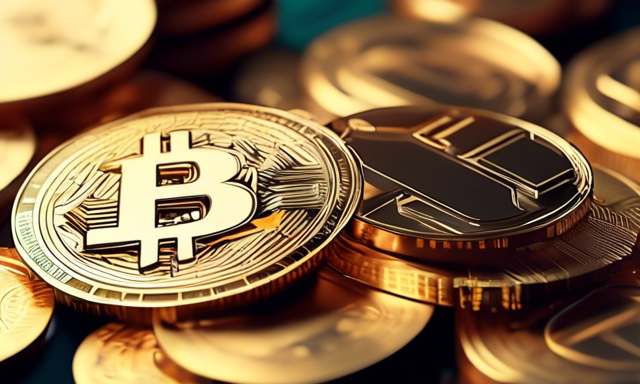Russia’s Business Leader Advocates for Digital Currency in Foreign Trade 💹
In a notable development this year, a prominent figure within Russia’s business sector has urged the government to encourage the adoption of cryptocurrencies and stablecoins for international transactions. Alexander Shokhin, who heads the Russian Union of Industrialists and Entrepreneurs (RSPP), expressed these sentiments at the Eastern Economic Forum held in Vladivostok on September 7. His remarks highlight the challenges Russian businesses face in securing cross-border transactions amid international sanctions.
🔗 Embracing Digital Solutions for Trade Challenges
Shokhin emphasized the necessity of dismantling legislative obstacles that hinder the effective use of digital currencies in international trade. He pointed out that for Russian firms to address the ongoing difficulties with payment systems, they require genuine access to various reliable digital currencies.
Given the complications arising from sanctions imposed by the US, EU, and UK, many Russian companies have started exploring alternative payment methods. Some enterprises have begun utilizing tokens like cryptocurrencies in their cross-border dealings. Recently, new legislation has been enacted to allow such transactions within a regulated framework established by the Russian Central Bank. However, various businesses feel this regulatory sandbox is overly restrictive.
Shokhin articulates the need for businesses to leverage a broader spectrum of payment options that includes cryptocurrencies and stablecoins, which utilize advanced blockchain technologies. He stated, “It is vital that businesses be allowed the practical ability to use any form of reliable digital currency for their economic activities abroad.”
🌍 Looking Toward Innovative Financial Systems
In his address, Shokhin further proposed that Russian companies require access to alternatives similar to the SWIFT banking system. He emphasized the ongoing collaboration between the RSPP and the Ministry of Foreign Affairs to foster this change.
Shokhin also hinted at a future where countries worldwide may relax regulations on the use of blockchain technologies and digital assets in international business, especially in a landscape altered by the effects of sanctions.
📈 Anticipated Shifts in Global Trade Policies
The discussion surrounding innovative trade practices aligns with recommendations posed by the Business 20 (B20), consisting of 900 international business leaders, directed at the G20. Shokhin pointed out that B20 has urged political leaders to reassess and revamp existing trade frameworks.
These appeals come ahead of the anticipated G20 summit set to occur in São Paulo, Brazil, on October 24 and 25. Although the B20 did not specifically advocate for cryptocurrencies in their public advice, they did encourage leaders to take measures that support sustainable and resilient trading and investment practices.
Notably, the B20 called for a review of restrictive trade policies adopted by G20 countries over the past three years, indicative of an increasing demand for reforms that may include digital currency integration.
🚀 The Rising Role of Cryptocurrencies
In this year’s Eastern Economic Forum, discussions surrounding cryptocurrencies have gained considerable attention, with multiple sessions dedicated to blockchain technologies and Bitcoin mining.
Russian President Vladimir Putin also brought cryptocurrencies to the forefront in his discussions at the forum, indicating the importance of this topic in the country’s economic agenda.
Hot Take: The Future of Digital Currency in Trade 🌟
As digital currencies continue to evolve, the calls for their integration into international trade processes grow louder. The acknowledgment from key business leaders like Shokhin reflects a significant shift in perspective towards accepting cryptocurrencies as viable alternatives for cross-border transactions. This year marks a pivotal moment where countries, particularly those facing economic sanctions, are reassessing their financial frameworks. By embracing innovative solutions such as blockchain technology, these nations could pave the way for enhanced global trade mechanisms that are more resilient and adaptable to future challenges.





 By
By
 By
By

 By
By

 By
By